

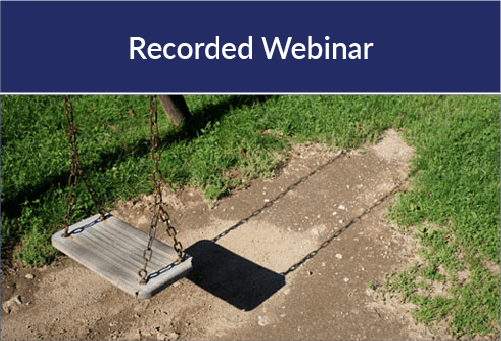
The AMBER Alert Best Practices – Law Enforcement Field Guide is a companion to the AMBER Alert Best Practices Guide and is aimed at law enforcement agencies and 1st Responders. It is designed to provide administrators with a document on what to expect in the event of an endangered missing or abducted child investigation, as well as provide their personnel with a reference manual to help jump start an effective response and investigation. The webinar will focus on raising awareness of areas that are consistently shown to be relevant and have an operational impact in these types of cases as well as how the guide can assist.
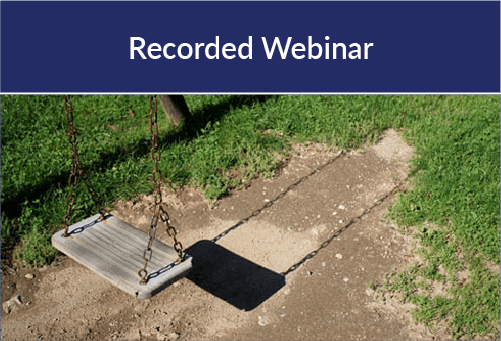
AMBER Alert Essentials for Community Members will enable members of the public to recognize the history and essential components of the AMBER Alert Program. The criteria for an AMBER Alert will be examined as well as how to support law enforcement efforts during an AMBER Alert activation.
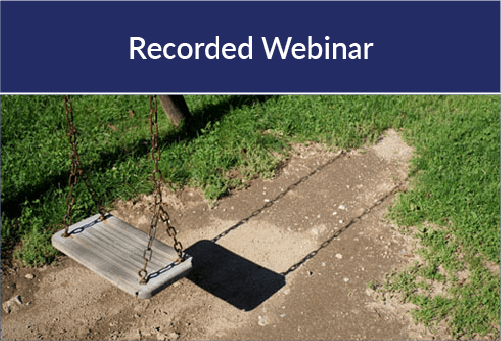
Law Enforcement Officers and Police Dispatchers are AMBER Alert First Responders during the critical initial stage of a child abduction. Recognize the criteria for an AMBER Alert and identify tools and resources which enhance first responder’s capabilities in successfully responding to an AMBER Alert and recovering abducted children.
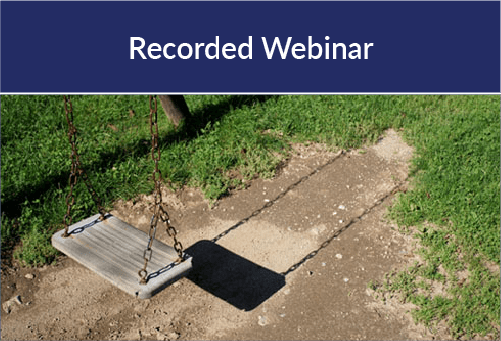
AMBER Alerts are activated in the most serious child-abduction cases. The goal of an AMBER Alert is to instantly galvanize the community to assist in the search for and safe recovery of a missing child. These alerts are broadcast through radio, TV, road signs, cellphones, and other data-enabled devices. During this webinar, tribal community members will understand law enforcement's response to missing and abducted children, and when an AMBER Alert is an effective tool. Recognize the importance of bridging the gap between law enforcement and the community. Explain and understand how community members can assist during and before a missing or abducted child situation.
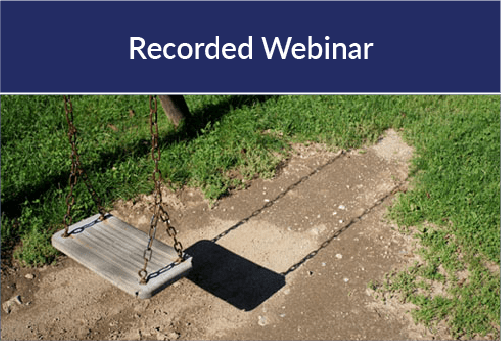
AMBER Alerts are activated in the most serious child-abduction cases. The goal of an AMBER Alert is to instantly galvanize the community to assist in the search for and safe recovery of a missing child. These alerts are broadcast through radio, TV, road signs, cellphones, and other data-enabled devices. During this webinar, law enforcement will understand the importance of what criteria needs to be met to request an AMBER Alert activation. Demonstrate and recognize the importance of having a plan or policy in place. Explain how critical it is to train and prepare in advance of an AMBER Alert activation to be able to respond quickly, as time is of the essence in every child abduction case.
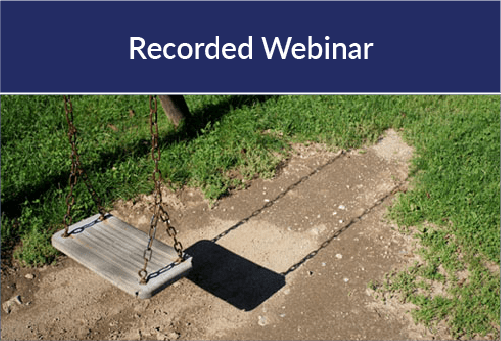
Learn about the mission of the Ashlynne Mike AMBER Alert in Indian Country Act of 2018 and the ongoing efforts of the AMBER Alert Training and Technical Assistance Program (AATTAP) to support this Act.

Hear from a long time AMBER Alert Coordinator and Public Information Officer (PIO) with the California Highway Patrol about the challenges associated with being a PIO during one of the most important and time-sensitive law enforcement events that can occur, a child abduction. Hear how PIOs can meet the expectations and challenges modern forms of communication present. Identify the different types of audience members that receive the information during an AMBER Alert and recognize best practices and common missteps which can happen during an AMBER Alert.
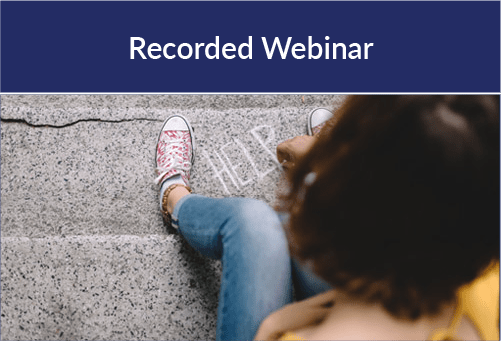
Prosecuting sex trafficking of minor cases is difficult, in part because victims are unstable. Join us for this webinar to discuss building an investigation that allows the prosecutor to go to trial, even if the victim is unable to testify.
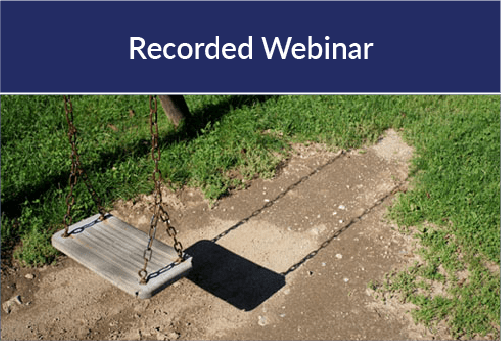
Join us to learn the concept of a Child Abduction Response Team (CART) in Indian Country. Topics discussed will include the importance to develop a prepared response to missing, endangered or abducted children within Indian Country. The goal is to provide a level of understanding to the overall CART concept for implementation into tribal communities and Indian Country.
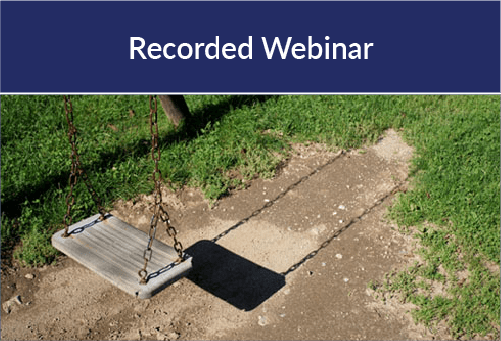
Improve response and recovery for endangered missing, child abduction and exploitation investigations during disasters and emergencies. Through case studies, review past disasters to explore and develop response strategies for protecting children during periods of restricted movement, social distancing or shelter in place.
